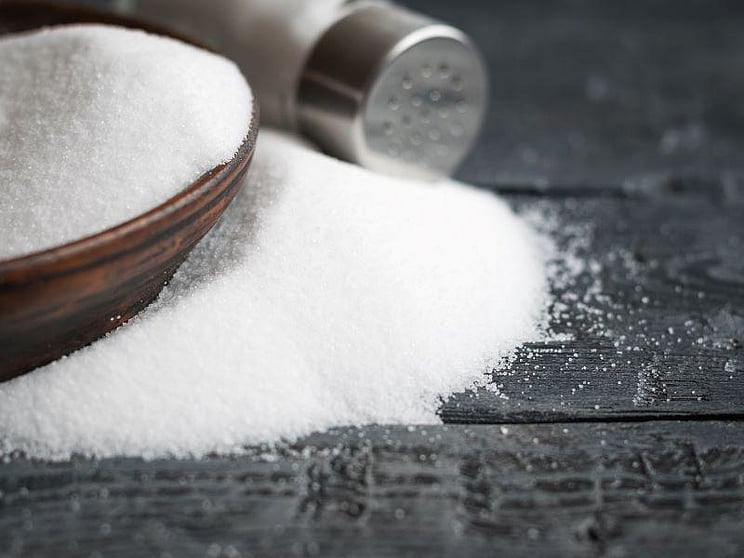Salt Restriction Does Not Lower Blood Pressure Variability

THURSDAY, Jan. 12, 2023 (HealthDay News) -- Urinary sodium excretion and salt intake are not independently associated with 24-hour blood pressure variability (BPV), according to a study published online Dec. 24 in the Journal of the American Heart Association.
Tan Lai Zhou, from Maastricht University in the Netherlands, and colleagues used data from 2,652 participants in the Maastricht Study to evaluate whether urinary sodium excretion and salt intake are associated with 24-hour BPV. Participants adhered to a seven-day low- and high-salt diet (50 and 250 mmol NaCl/24 hour, respectively) with a washout period of 14 days.
The researchers found that 24-hour urinary sodium excretion was not associated with 24-hour systolic or diastolic BPV (β, per 1 g/24-hour urinary sodium excretion: 0.05 mm Hg [95 percent confidence interval, −0.02 to 0.11] and 0.04 mm Hg [95 percent confidence interval, −0.01 to 0.09], respectively). There were no significant differences observed in mean difference in 24-hour systolic and diastolic BPV between the low- and high-salt diet (0.62 mm Hg [95 percent confidence interval, −0.10 to 1.35] and 0.04 mm Hg [95 percent confidence interval, −0.54 to 0.63], respectively).
"Our results do not indicate that salt restriction would be an effective strategy to lower BPV, at least not in a White population‐based setting with relatively healthy individuals," the authors write.
Related Posts
Racial, Ethnic Differences Seen for Benefits of Antihyperglycemic Agents
THURSDAY, Sept. 28, 2023 (HealthDay News) -- There are racial/ethnic differences...
AHA News: Flu-Related Myocarditis Is Rare But Can Be Fatal, as Ohio Family Learned
MONDAY, July 10, 2023 (American Heart Association News) -- Last December, during...
U.S. Suicide Rates Began to Rise Again in 2021
THURSDAY, April 13, 2023 (HealthDay News) -- In a disappointing finding, a new...
¿Qué tan efectiva es su máscara casera?
JUEVES, 16 de septiembre de 2021 (HealthDay News) -- Si usted fabrica sus...
